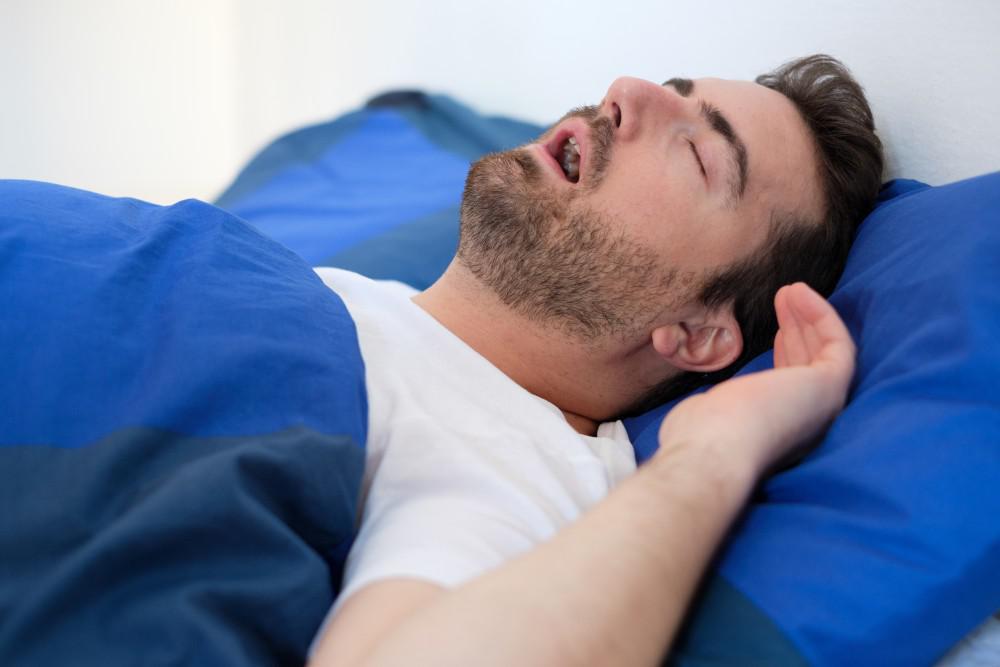
Waking with cotton mouth now and then is a common experience, but when dry mouth becomes chronic, it can be more than simply uncomfortable. It may be a symptom of some potentially serious health conditions, or it could be as simple as a side effect of a medication you’re taking.
Even if your dry mouth condition isn’t avoidable, there are ways to reduce its effects. The specialists at Lakeshore Ear, Nose & Throat Center can help you with an examination and diagnosis of your condition, including effective treatments to ease your symptoms. Contact the most convenient office for help with your morning dry mouth issue.
The reasons behind dry mouth
Your morning dry mouth happens because of inadequate saliva production, a condition called xerostomia. Saliva not only keeps your mouth moist, it’s antibacterial, keeping your mouth clean. As well as dryness, you may also experience symptoms such as:
- Burning sensations in your mouth
- Sore throat and swallowing problems
- Dryness in your nose-breathing airways
- Hoarse voice or other speech problems
Xerostomia itself is a symptom of other conditions which, left untreated, could cause complications including a loss of your sense of taste, dental problems like gum disease and tooth loss, poor nutrition, and depression.
Does sleep apnea cause dry mouth?
Xerostomia is sometimes associated with sleep apnea. One study shows over 30% of obstructive sleep apnea (OSA) sufferers experience morning dry mouth compared with about 3% for the control group. However, OSA may be an indirect cause, since it tends to force mouth breathing, another cause of morning dry mouth.
In people who have OSA, who snore, or who breathe through their mouths by habit, xerostomia is unsurprisingly more prevalent versus those who breathe through their noses at night. Using continuous positive airway pressure (CPAP) equipment to treat sleep apnea may also cause morning dry mouth.
Medications and dry mouth
The US Department of Health and Human Services reports that over 400 medications have xerostomia as a side effect. Some of the most common drug groups that cause dry mouth are those prescribed for:
- Anxiety and depression
- Hypertension
- Nausea or vomiting
- Parkinson’s disease
- Sinus issues
- Sleep disorders
Getting older
While age itself doesn’t mean you’ll have dry mouth, it can be a contributing cause. Almost one-third of those reaching the age of 65 have xerostomia, and the prevalence climbs to 40% by age 80. Sometimes dry mouth isn’t directly from getting older, but as a side effect from conditions associated with aging, such as Alzheimer’s disease, diabetes, or Parkinson’s disease.
Cancer treatments
If you’re receiving radiation for head or neck cancers, you could suffer from permanent damage to your salivary glands. Chemotherapy can cause temporary dry mouth though the effects may not be immediate, emerging months or years later.
Other conditions causing xerostomia include Sjögren’s syndrome, smoking tobacco, drinking alcohol, or using some recreational drugs.
No matter what reason or combination of reasons is behind your dry mouth, the doctors at Lakeshore Ear, Nose & Throat Center are ready to help. With five locations throughout the metropolitan Detroit area, there’s sure to be an office convenient for you.
Call your closest office directly or request an appointment online to schedule your dry mouth consultation today.

